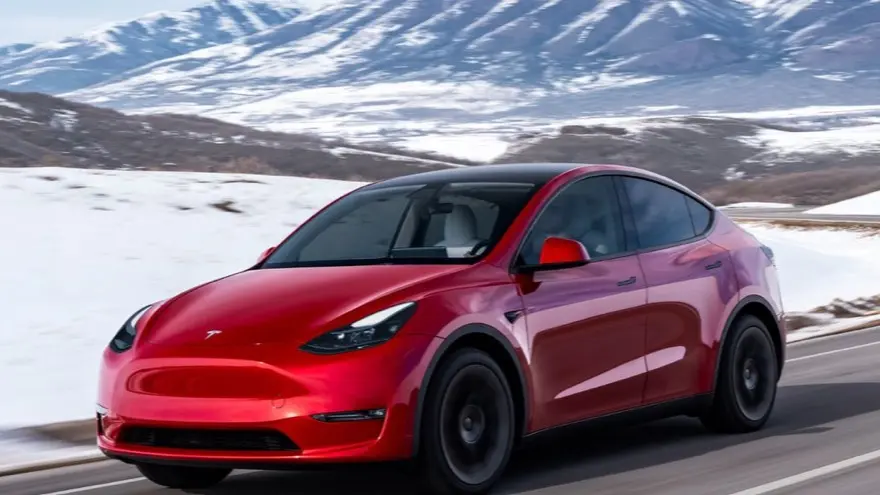Updated 6 February 2024 at 12:45 IST
India needs less Tesla, more Toyota
Slower global demand for pure electric vehicles strengthens Toyota's hybrid sales in India.

- Republic Business
- 2 min read

Half charge. India is determined to lure Elon Musk's Tesla to set up a local factory to make electric vehicles. Yet slower global demand for pure electric vehicles strengthens the case for the world's third largest auto market to embrace hybrids like those made by Japan's Toyota Motor.
Cars running on a mix of battery and gas are currently treated as luxury items and taxed domestically at over 43%, while locally-made made EVs only face a 5% charge. India's trade department has privately supported calls from Japanese automakers to lower taxes on hybrids. That looks smart, especially now that Tesla's shares have fallen 24% this year and Chinese carmakers are slashing prices to entice buyers.
India needs to accelerate with caution. The fundamental drivers of weak demand - range anxiety and affordability - are far bigger issues in India’s nascent market. Last year, only 2% of cars sold in the country were electric. Carmakers like Tata Motors and Mahindra are scaling up but customers have only a few options to choose from. And for now, there is only one commercial charging point for every 200 electric vehicles, compared to one in 10 for China, per Bain & Company.

Ultimately India is unlikely give up its preference for EVs. It wants to curb emissions but it also wants to cut its crude oil import bill that contributes to its current account deficit. A high deficit can lead to weakness in the rupee and impacts the country's perceived economic stability.
Advertisement
However, EVs are only as clean as the energy grid that powers them. So while Tata Motors' Chief Financial Officer P.B. Balaji is calling for the government to choose which clean car technology it is going to back and opposes lowering taxes on hybrids, the reality is that India's coal-heavy electricity grid complicates the decision.
It might take between seven and ten years before electric vehicles have an emissions footprint as low as hybrids that are strong enough to run on battery power alone, HSBC analysts estimate. That makes hybrids an attractive option for India.
Advertisement
The shifting global consensus will also vindicate companies earlier seen as EV laggards. The $38 billion Maruti Suzuki, the largest passenger car manufacturer in India, expects hybrids will make up 25% of its portfolio by the financial year 2031, compared to 15% for pure EVs. Tesla may soon be coming to India but hybrids look set to claim a bigger spot on the road too.
Published By : Saqib Malik
Published On: 6 February 2024 at 12:45 IST
